Sounds like a classic use of the Mediator pattern to me. The Mediator allows disconnected components to talk to each other.
I just happen to have a copy of this in my own MVVM framework, which you can grab from here :
http://cinch.codeplex.com/SourceControl/changeset/view/70832#796984
Also grab this
http://cinch.codeplex.com/SourceControl/changeset/view/70832#797008
My implementation allows you to do it using WeakReference so no strong references are held. Its also allows subscribers to hook up methods to listen to certain events using attributes, and publishers to broadcast a new messaage of T.
Publisher/Subscriber simply register with Mediator
//done by both subscriber and publisher
Mediator.Instance.Register(this);
//Subscriber
[MediatorMessageSinkAttribute("DoBackgroundCheck")]
void OnBackgroundCheck(string someValue) { ... }
//publisher might typically do this
mediator.NotifyColleagues("DoBackgroundCheck", "Nice message");
You may need to use your own SynchronizationContext when subscriber gets message (WPF / Winforms have pre built ones of these) to dispatch call to correct thread.
I also allow for synchronise/aysynchronise calls
